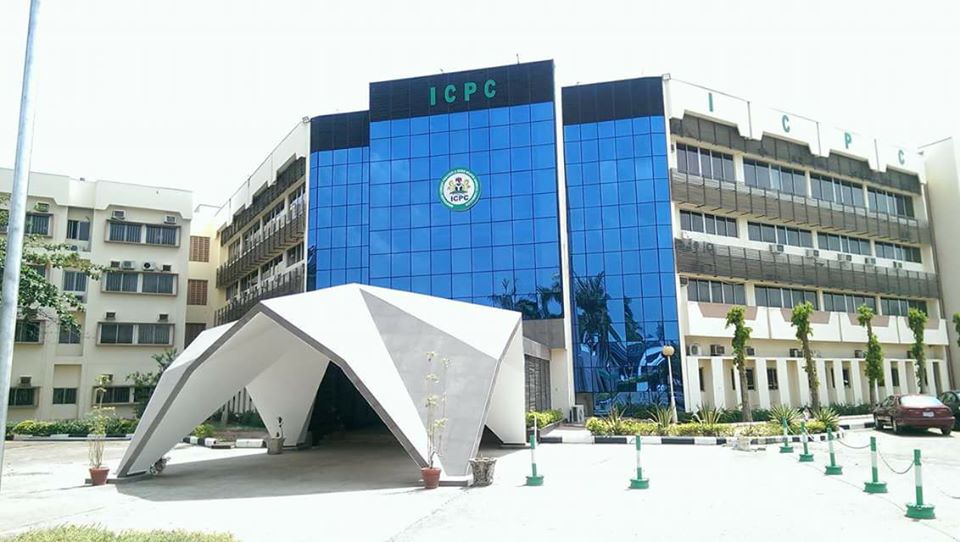The Independent Corrupt Practices and Other Related Offences Commission (ICPC) has reiterated its commitment to sanctioning perpetrators of corruption in the country.
This statement was made by Mrs Azuka Ogugua, Spokesperson of the Commission during a live radio broadcast “Politics Nationwide” on the topic, “ICPC and the Anti-Corruption Campaign”, monitored on Capital FM, 92.9 FM recently.
Speaking on the programme, Mrs. Ogugua highlighted the huge strides the Commission had recorded with regards to its enforcement mandate since the present Board was inaugurated, saying that the Board has been working in accordance with the Commission’s mandate and the present administration’s agenda to stamp out or minimise corruption in the country.
According to her, the Commission has investigated over 5000 cases out of which about 1000 cases have been charged to court, noting that 20 percent of the cases taken to court were in favour of the Commission.
The Commission’s spokesperson further disclosed that ICPC also uses non-conviction based asset recovery procedures to withhold or confiscate assets that were illegally acquired by corrupt individuals to prevent them from enjoying their loot while the cases are on-going in the court.
Mrs. Ogugua explained that under the prevention mandate, ICPC conducts systems study and reviews and corruption risk assessment of systems in MDAs to map their work processes and block loopholes. ICPC also set up Anti-Corruption and Transparency Units (ACTUs) to help enlighten officers of MDAs against corruption.
In this regard, she noted the Commission’s involvement in the upgrading of accounting processes in the country by making input into the introduction of Treasury Single Account (TSA), GIFMIS and BVN, which had helped to reduced contact with cash thereby promoting accountability and transparency in the system.
Speaking on the impact of the National Ethics and Integrity Policy (NEIP) on the Anti-Corruption Campaign, Mrs Ogugua stated the NEIP was a follow-up to the National Values Curriculum (NVC) developed by the Commission had in collaboration with NERDC to teach positive values to students in schools.
The NEIP was developed in collaboration with the National Orientation Agency (NOA) and the Office of the Secretary to the Federal Government (OSFG) to compel Nigerians to imbibe seven identified core values namely Human dignity, Voice and Participation, Patriotism, Personal Responsibility, Integrity, National Unity, Professionalism.
“Every Nigerian should uphold these core values”, she stated, noting that the Commission identified sixteen stakeholder groups and is engaging with each group to ensure that the values are incorporated into their activities.

